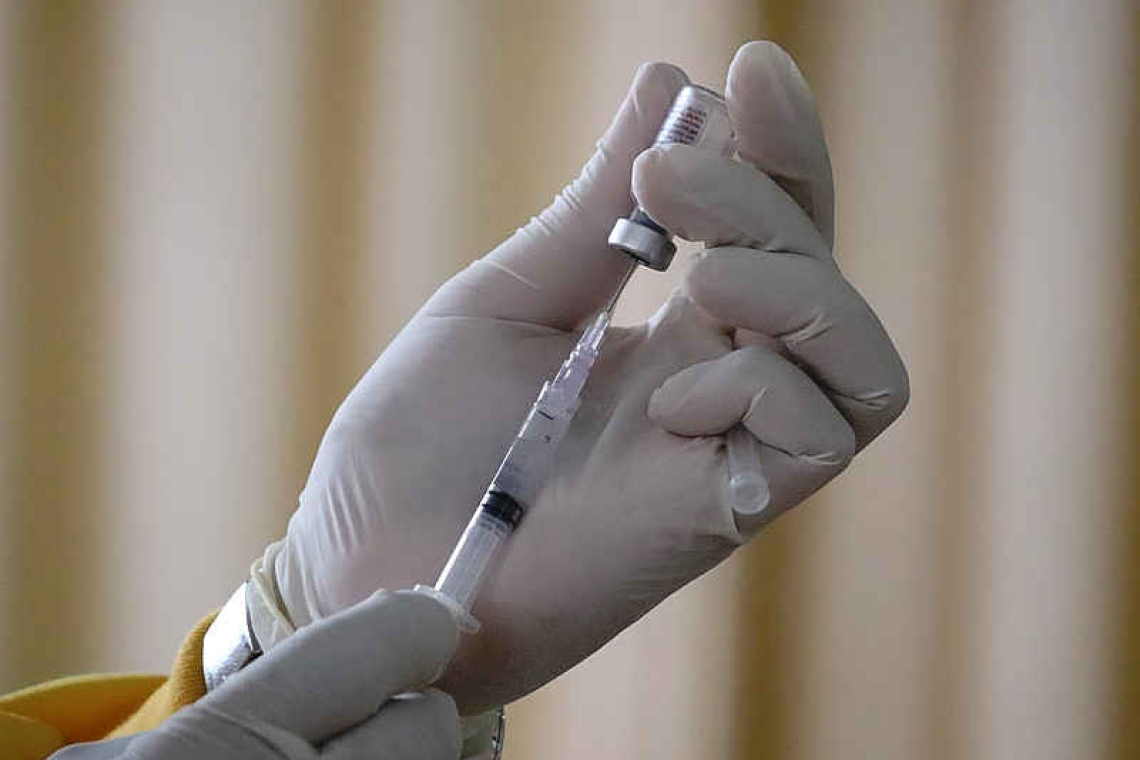By Dr. Colin Michie FRCPCH University of Central Lancashire.
Approaches to illnesses change our ideas of life’s possibilities. Over the last decade, innovations in the applications for a set of molecules, messenger ribonucleic acids (mRNA) have allowed many diseases to be treated or prevented.
In the early 1960s, some fragile molecules, mRNA were shown to shuttle genetic information from genes in the nucleus, out into cells, allowing them to make proteins. For instance, the mRNAs decoded from chromosomes 11 and 16 direct manufacture of haemoglobin in the bone marrow cells. It was later found that if a soup of mRNA inside fat droplets, or nanoparticles, was mixed with cells, those cells took up and made proteins directed by the mRNA. This process was progressively refined; the mRNA was stabilised, and its survival in the lipid carriers was improved. mRNA does not get attached or taken up into a cell’s genes. It is degraded fairly rapidly, having caused the cell to manufacture quite large amounts of its coded protein.
Early vaccines using mRNA tackling rabies proteins were trialled with success 10 years ago. In 2020, mRNA vaccines against Covid-19 were granted emergency global authorisation. Collaborations between scientists, medical doctors and pharmaceutical companies allowed the development of vaccines containing mRNA codes for the spike protein of the Covid-19 virus. Together with other Covid vaccines, these changed the course of the pandemic, reducing the global death toll by many millions. Following mRNA Covid vaccination, our host cells made spike protein and we made immune responses to it. If we were later exposed to Covid viruses, our defences were prepared, preventing severe disease and complications caused by Covid.
mRNA approaches to boost and direct our immune systems offers a capacity to prevent many infections – herpes viruses and Ebola, for instance. Chikungunya, dengue, zika, tick-borne illnesses (including the highly lethal Crimean-Congo haemorrhagic fever) and malaria are being challenged with mRNA vaccines in current trials. In these strategies, there is commonly a small number of target proteins and recipients are usually healthy. mRNA vaccines add to antimicrobial armouries, and perhaps help tackle antimicrobial resistance. These vaccines are likely to be pivotal in tackling those organisms that cause the next pandemic.
That speed and technical accuracy in manufacturing mRNA vaccines offer amazing potential in other areas of medicine. For instance, could you be vaccinated against a malignant tumour that develops in you? Tumours arise because of a collection of mutations in one of your cells – these mutations and the proteins they make vary between patients. Most chemotherapies given to patients are based on tumour type. However, the average chemotherapy and radiotherapy routines are difficult to tailor to your specific tumour.
Should you develop a melanoma, a skin cancer that is usually pigmented, your tumour will be removed. Cells from this tumour can be analysed to find out which of their proteins have mutated. The mRNAs that code for these mutated proteins can now be manufactured and collected into a personal vaccine, coding for your personal tumour mutations. This technical wizardry may be accomplished in approximately eight weeks. Vaccination with your precision tailored mRNA cocktail will enable your killer lymphocytes to attack any melanoma cells remaining in your body. A trial reported two months ago showed these methods significantly reduced recurrence of melanoma tumours in patients attending a cancer clinic.
How safe and effective are these coding molecules? Experience showed that mRNA vaccines made by Moderna and Pfizer-BioNTech augmented immune systems in the majority of recipients of all ages, during the pandemic. mRNA cancer vaccines are more effective and have fewer side effects than other current conventional treatments. mRNA vaccines have an advantageous magic because they are taken up by cells that are not multiplying, leading to the production of a large amount of the target protein.
Monitoring and regulation guided and continue to drive mRNA developments. Some individuals develop pain and redness around the injection site, as well as fever, because they react against the lipid carriers. Allergic reactions to the vaccines have been reported as have rare, reversible inflammatory conditions in the heart. New delivery systems are being tested, using nano-hydrogels or polymers to try to reduce these complications. It is probable that mRNA cancer vaccines will be used together with conventional chemotherapy and radiotherapy, for many years, because these recipients may not respond as well to vaccinations.
In this new alchemy, basic messenger molecules are transduced into golden treatments. This is as real as cultured meat, bubble teas, adding olive oil to your coffee or using a digital coach for your mental health. mRNA therapies are likely to surprise us as their many potentials are explored.
Useful resources:
https://www.cancer.gov/news-events/cancer-currents-blog/2022/mrna-vaccines-to-treat-cancer
https://www.cdc.gov/coronavirus/2019-ncov/vaccines/safety/myocarditis.html
Dr. Colin Michie is currently the Associate Dean for Research and Knowledge Exchange at the School of Medicine in the University of Central Lancashire. He specializes in paediatrics, nutrition, and immunology. Michie has worked in the UK, southern Africa and Ghaza as a paediatrician and educator and was the associate Academic Dean for the American University of the Caribbean Medical School in Sint Maarten a few years ago.







